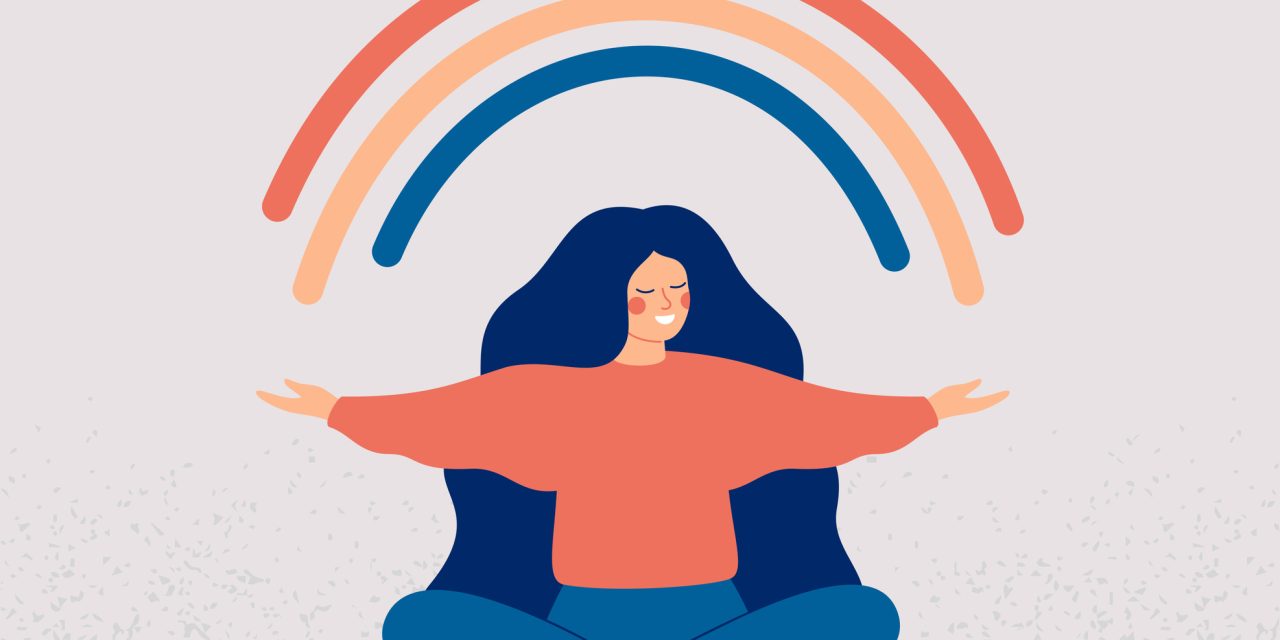Given the importance of evaluating the severity of overactive bladder (OAB) symptoms and outcomes after treatment, several questionnaires have been developed to evaluate OAB patients. However, only limited questionnaires are available in Korea for use with Korean patients. Therefore, this study aimed to develop Korean versions of OAB questionnaires through a rigorous linguistic validation process.
The Indevus Urgency Severity Scale, Urgency Perception Scale, Urgency Severity Scale, and Patient Perception of Intensity of Urgency Scale underwent translation and linguistic validation. The linguistic validation procedure consisted of permission for translation, forward translations, reconciliation, back-translation, cognitive debriefing, and proofreading. Two independent bilingual translators translated the original version of each questionnaire, and a panel then discussed and reconciled the 2 initial translations. Next, a third independent bilingual translator performed a backward translation of the reconciled version into English. Five Korean patients diagnosed with OAB were interviewed for cognitive debriefing.
Each item of the questionnaires was translated into 2 Korean versions in the forward translation process. Terms such as ‘urgency’ and ‘wetting’ were translated into ordinary language by the translators and adjusted by the panel members to more conceptually equivalent terms in a medical context. In the back-translation process, the panel made a few changes regarding details based on a comparison of the back-translated and original versions. During the cognitive debriefing process, 5 patients provided a few pieces of feedback on the naturalness of the wording of the questionnaires, but generally agreed on the translated terms.
In this study, the panel produced a successful linguistic validation of Korean versions of multiple OAB questionnaires, which can be utilized to evaluate the severity and treatment outcomes of OAB.
Korean Translation and Linguistic Validation of Urgency and Overactive Bladder Questionnaires.


